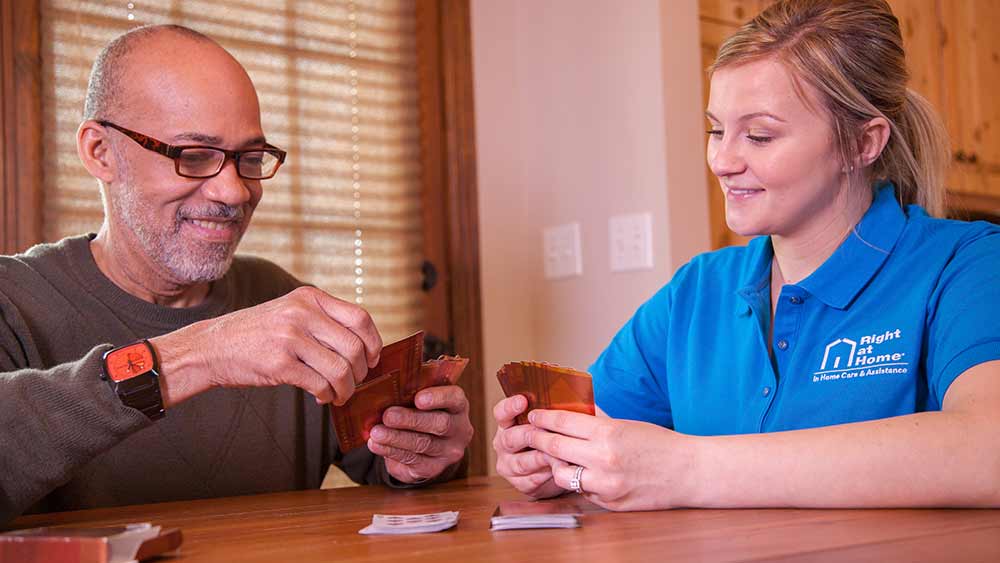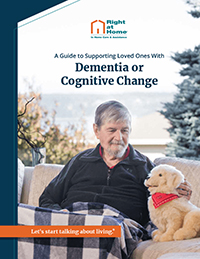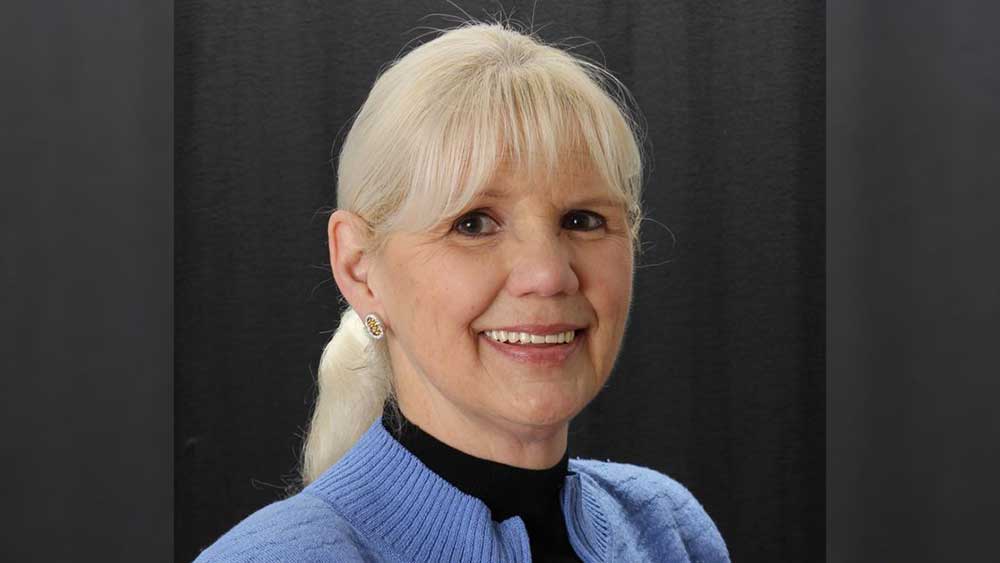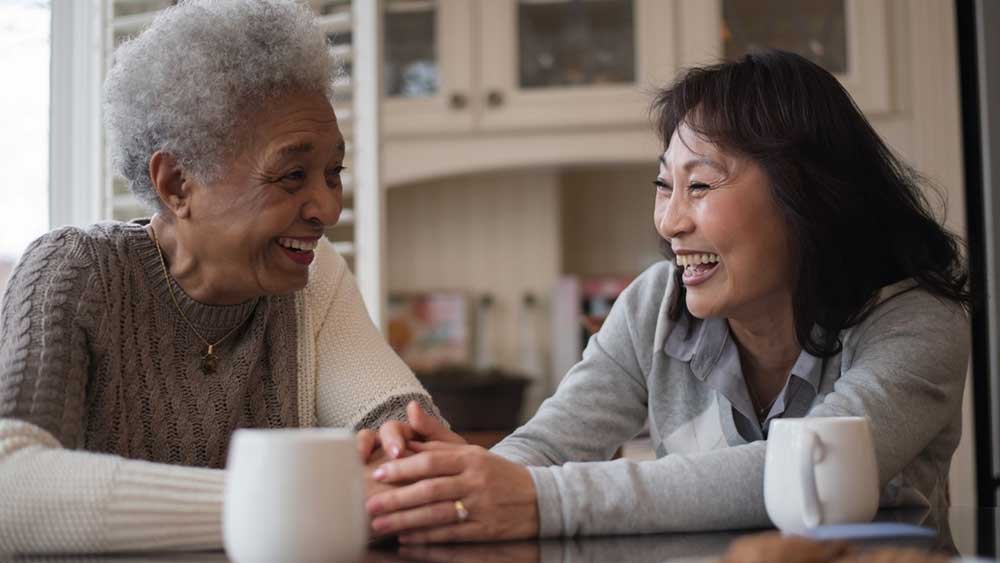

It Pays Being Mindful About Cognitive Health
The mind, as the old advertising slogan put it, is a terrible thing to waste. As we age, mental faculties and brain structures tend to weaken. But there are things seniors can do to preserve, even strengthen, their cognitive health. Steps taken for healthy cognition can help ensure a high quality of life and high level of independence. These measures can also help maintain optimal brain functioning across several areas of mental, emotional and physical well-being.
What is cognitive health? It refers to a set of cognitive skills that include basic mental abilities to think, study, learn and remember. Cognition refers to the mental processes involved in gaining knowledge and comprehension. The higher order of cognition encompasses critical thinking, creative thinking, problem-solving and decision-making. The better individuals can perform these basic tasks, the better their cognitive health.
In layman’s terms, cognitive health means crisper, clearer, sharper thinking. The old sayings “in your right mind” and “of sound mind” are really just other ways of describing someone whose cognitive abilities are intact. These euphemisms refer to demonstrating or expressing clarity in the various dimensions of thinking that make us cognitive beings.
Anything dealing with the ability to think is obviously important in how we apprehend and process the world around us. In addition to alertness, learning, memory and language, it covers goal-setting, planning and judgment.
Not surprisingly, the state of an individual’s cognitive health is a key component in their overall brain health.
Tips for Staying Cognitively Fit
Cognitive performance is not fixed. While normal, healthy aging can impair some function over time, research shows there are many small changes people can make in their daily lives that could sustain higher cognitive functioning well into old age.
Number one, seniors need to stay on top of their physical health because a healthy body is a good foundation for a healthy mind. As part of any daily physical health regimen, be sure to manage high blood pressure and other chronic conditions.
It’s equally important to:
- Manage stress
- Get enough sleep
- Eat healthy foods
Stay physically active at work, with exercise, or doing household chores and other activities.
Keeping the mind active through work, volunteering, hobbies or playing games, for example, is vital. Learning new skills can be a real brain boost.
For older adults, it’s especially important not to isolate but to engage in social activities, whether in person or virtually, with family, friends, peers or anyone who makes them feel positive.
Experts say it’s the combination of all these things that best translates into tangible results. Indeed, evidence suggests that by following healthy practices, seniors can build a cognitive reserve that makes their brain resistant to neuropathological damage. They can reserve a capacity to meet cognitive demands, such as assimilating information, arriving at reasonable conclusions and making plans, in response to healthy and pathological aging. This reserve provides the ability to maximize critical thinking to the end of life, thus helping seniors compensate for natural changes in the brain that accrue with age.
Reducing Risks to Cognitive Health
It only makes sense then that reducing risks to cognitive health can prove beneficial. Seniors should be aware that genetic, environmental and lifestyle factors can influence cognitive health, and some of these factors may be more or less impacted by any changes seniors implement.
Things seniors can control include:
- Managing any chronic health conditions
- Responsibly taking prescribed or over-the-counter medications
- Eating a healthy diet
- Quitting smoking
- Reducing or controlling alcohol consumption
- Finding solutions to sleep problems
- Following a regular exercise and activity schedule
These and other actions can keep seniors mentally agile, focused and energized as they age.
Each person is the best steward and advocate of his or her own health and that’s never more true than in the golden years. Being a good steward and advocate can mean the difference between a compromised life and an autonomous life.
Professional home care services may be an option to aid one’s own or a loved one’s cognitive health. Right at Home caregivers offer different levels of care—companion, personal, nursing, specialty—that can support or enhance cognitive health wherever a person is on the cognitive-aging spectrum.
Visit the Right at Home website or speak with a team member to identify the best care option* for you or for a loved one. Or, download our guide for those supporting loved ones with dementia or cognitive change to get more insight into ways to enhance a person’s quality of life.
For more information on cognitive health, visit:
https://www.nia.nih.gov/health/cognitive-health
https://www.health.harvard.edu/mind-and-mood/six-steps-to-cognitive-health
https://www.cdc.gov/aging/pdf/perceptions_of_cog_hlth_factsheet.pdf
*Home care services vary by location.

Supporting Loved Ones With Dementia or Cognitive Change
Right at Home’s approach to dementia care and cognitive support is built on the belief that every person living with dementia or cognitive change can interact with their surroundings and connect in new ways with their loved ones.







